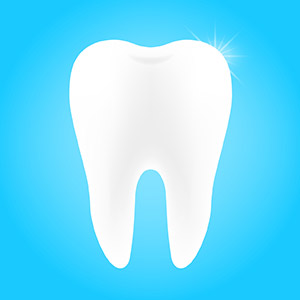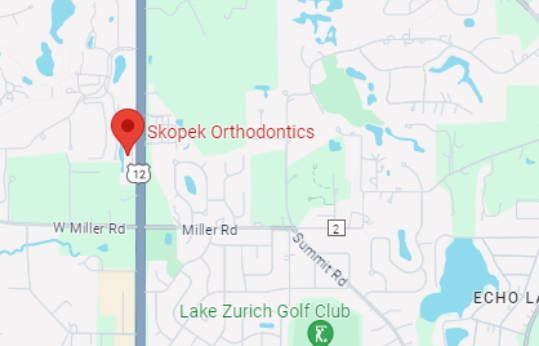Your teeth face a hostile environment populated by disease-causing bacteria. But your teeth also have some “armor” against these microscopic foes: enamel. This hard outer tooth layer forms a barrier between harmful bacteria and the tooth’s more vulnerable layers of dentin and the inner pulp.
But although it’s tough stuff, enamel can erode when it comes into contact with high concentrations of mouth acid. Losing substantial amounts of enamel could leave your teeth exposed to disease.
So, here are 3 things you can do to help protect your enamel so it can keep on protecting you.
Careful on the brushing. Brushing removes dental plaque, a thin bacterial film on teeth most responsible for dental disease. But be careful not to brush too often, too hard and too quickly after eating. Brushing more than twice a day can cause gum recession and enamel wear; likewise, brushing too aggressively. You should also wait at least 30 minutes after eating to brush to give your saliva sufficient time to neutralize any acid. You could lose tiny bits of softened enamel brushing too soon.
Cut back on acidic foods and beverages. Spicy foods, sodas and, yes, sports and energy drinks all contain high amounts of acid that can increase your mouth’s acidity. It’s a good idea, then, to reduce acidic foods and beverages in your diet. Instead, eat less spicy foods and drink primarily water or milk. Also, look for foods and beverages with calcium, which helps increase your enamel’s ability to remineralize after acid contact.
Don’t eat right before bedtime. There are a lot of reasons not to eat just before you hit the hay—and one of them is for protecting your tooth enamel. Saliva normally neutralizes acid within a half hour to an hour after eating. While you’re sleeping, though, saliva production decreases significantly. This in turn slows its neutralizing effect, giving acid more contact time with enamel. So, end your eating a few hours before you turn in to avoid too much acid remaining on your teeth.
If you would like more information on protecting your teeth and gums from dental disease, please contact us or schedule an appointment for a consultation.


